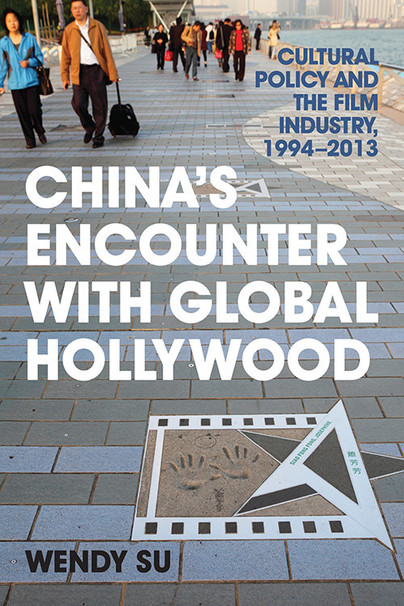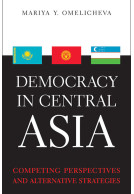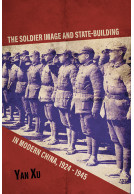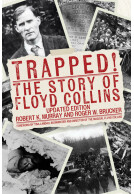Google Books previews are unavailable because you have chosen to turn off third party cookies for enhanced content. Visit our cookies page to review your cookie settings.
China's Encounter with Global Hollywood (Hardback)
Cultural Policy and the Film Industry, 1994-2013
Imprint: University Press of Kentucky
Series: Asia in the New Millennium
Pages: 240
Illustrations: 3 figures, 6 tables
ISBN: 9780813167060
Published: 13th May 2016
Script Academic & Professional
Series: Asia in the New Millennium
Pages: 240
Illustrations: 3 figures, 6 tables
ISBN: 9780813167060
Published: 13th May 2016
Script Academic & Professional
This book will be reprinted and your order will be released in due course.
You'll be £72.00 closer to your next £10.00 credit when you purchase China's Encounter with Global Hollywood. What's this?
+£4.99 UK Delivery or free UK delivery if order is over £40
(click here for international delivery rates)
Need a currency converter? Check XE.com for live rates
(click here for international delivery rates)
Need a currency converter? Check XE.com for live rates
In recent years, the film industry in the People's Republic of China has found itself among the top three most prolific in the world. When the Chinese government introduced a new revenue-sharing system in 1994, the nation's total movie output skyrocketed with gross box-office receipts totaling billions of yuan. This newfound success, however, has been built on an alternately competitive and collaborative relationship between the ascendant global power of China and the popular culture juggernaut of America.
In China's Encounter with Global Hollywood, Wendy Su examines the intertwining relationships among the Chinese state, global Hollywood, and the Chinese film industry while analyzing the causes and consequences of the rapid growth of the nation's domestic film production. She demonstrates how the Chinese state has consolidated power by negotiating foreign interest in the lucrative Chinese market while advancing its cultural industries. Su also reveals how mainland Chinese and Hong Kong filmmakers have navigated the often-incompatible requirements of marketization and state censorship.
This timely analysis demonstrates how China has cannily used global capital to modernize its own film industry and now stands poised to step clear of Hollywood's shadow. The country's debates -- on- and offscreen -- over cultural change, market-based economic reforms, and artistic freedom illuminate China's ongoing efforts to build a modern national identity.
Other titles in the series...
Other titles in University Press of Kentucky...





















